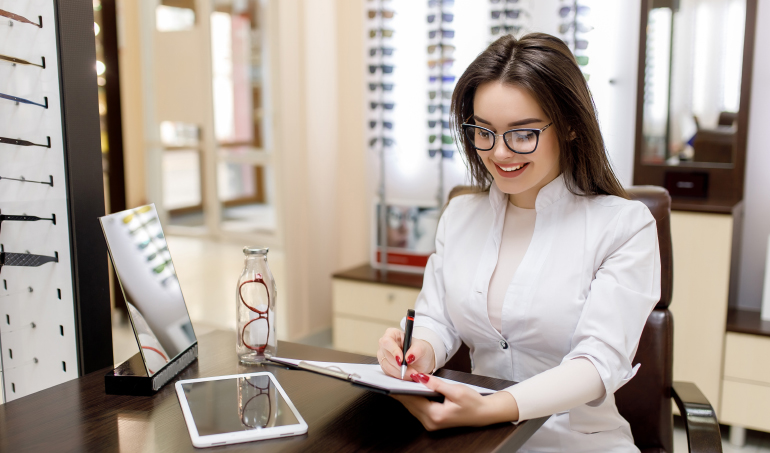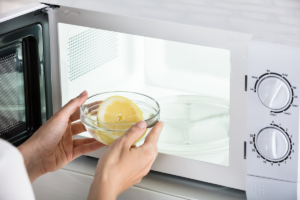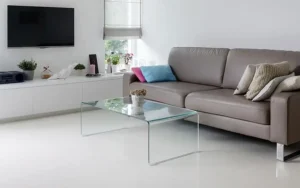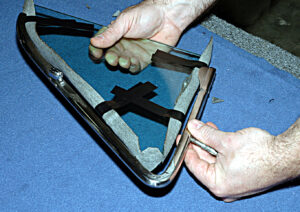Getting pair of glasses is probably not a necessity if you have current prescription. Nevertheless, if you wish to improve your vision, you may wish to consider getting a pair of glasses.
Introduction
Your physician may have advised you that you need glasses, but you are uncertain whether you actually require them. When making your decision, it is important to keep the following factors in mind.
When your doctor tells you that you need glasses, it usually means that your vision is not as good as it should be. Wearing glasses can improve your vision and protect your eyes from further damage.
Glasses can be divided into two categories: corrective eyeglasses and protective eyeglasses. Protective glasses protect your eyes from harmful things like UV rays and bright lights, while corrective glasses improve your vision.
Talking to a doctor is the best thing that you can do if you’re not sure whether or not you need corrective or protective glasses. In order to determine which type of glasses are best suited to your needs, they will be able to offer you advice.
Answers to wearing prescription glasses
There is no easy answer to this question. Many factors determine whether you need glasses, including your age, general health and prescription.
If you do close reading or work, you are more likely to need glasses if you are over 40. Our eyes’ lenses become harder and less flexible as we age, making it more difficult to focus on objects that are close to us. If you have a family history of vision problems, you may also need glasses at an earlier age.
You will probably need to wear glasses all the time if you have a high prescription (meaning your vision is severely impaired). If you have a lower prescription, you may only need them for reading or close work.
In addition, if you suffer from other health conditions that affect your vision (such as diabetes), you may also be more likely to need glasses if you do.
If your vision is making it difficult to do everyday activities, or affecting your quality of life, it’s probably time to see an eye doctor and get a prescription for glasses.
How to know if you need glasses
If you experience any of the following, you should visit an ophthalmologist or optometrist for an eye exam:
-Trouble seeing objects both far and near
-Blurry vision
-Eye fatigue or headaches after reading or working on the computer for long periods of time
-Diminished night vision
-Difficulty seeing when there is glare from oncoming car headlights while driving at night
-Needing more light to read than you used to
-Seeing “halos” around lights
Seeing double
Prescription strength
While the eyeglass prescription lists a number of measures, the most important number for most people is the sphere power, which is always preceded by a plus or minus sign.
The sphere power is the amount of correction needed for either nearsightedness or farsightedness, and it’s generally the only number listed on over-the-counter reading glasses. If your prescription says +1.00, that means you need +1.00 diopters of power to correct your vision. But if it says -5.00, that means you’re highly myopic and require -5.00 diopters to see clearly.
Different types of lenses
There are different types of lenses available for people with different vision needs. Some lenses are designed for people with nearsightedness, while others are meant for farsightedness. There are also speciality lenses for conditions like astigmatism.
Your eyeglass prescription will indicate what type of lens you need. If you have a high prescription, you may need a thicker lens, which can make your glasses appear bulky. You may also need a special type of lens coating to reduce glare and help you see better.
How to get the perfect pair of glasses
When it comes to picking out the perfect pair of glasses, there are a few things that should be taken into consideration. The shape of your face, the color of your hair, and the tone of your skin all play a role in what frame shape will look best on you. Here are a few tips that can help you if you don’t know where to begin:
Square and rectangular faces: Look for glasses that are wider than they are tall, such as wayfarers or aviators. This will help balance out your features.
Round faces: Go for glasses with angular shapes that can help make your face appear more slim anddefined.
Heart-shaped faces: Pick glasses that are wider at the bottom, such as cat-eyes or ovals. This will help to draw attention away from your narrower forehead and chin.
Conclusion
As a result of carefully reviewing your vision and prescription, we have come to the conclusion that in order to decide whether you need to wear glasses, you will need to consider your own needs alongside your doctor’s advice.












